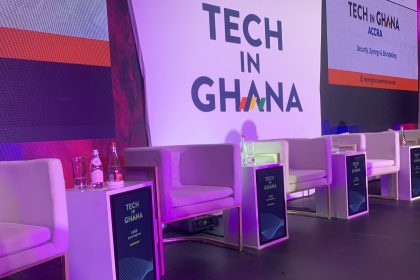It’s been a tough 2023 for most tech companies in Ghana.
This year, Ghana signed an agreement with the International Monetary Fund (IMF) to secure a $3 billion loan facility as the country’s debt-to-GDP ratio soared above 90% and it faced problems paying its debtors.
The country also faced record-high inflation (59%) along with a high exchange rate against the dollar (a high of 1 USD to 13 GHC).
With all these factors, Ghanaian tech companies have had to adapt to rising prices and a bad economic situation. Going into 2024, how will the tech ecosystem manage itself?
We try to look at what we might see in 2024 with the Ghana tech ecosystem.
Death By Lack of Funding
In 2023, Ghana recorded low venture capital funding for its ecosystem. According to available data, companies raised just ~$68 million in 2023, compared to ~$202 million in the previous year.
Ghana is no exception as the entire African tech ecosystem has also seen a reduction in funding.
If the funding drought continues, we expect to see some startups run out of cash and eventually have to shut down in 2024.
Will Ghana Finally Get Opening Banking In 2024?
The Bank of Ghana rolled out its roadmap for its National Payment Systems Strategic Plan (2019-2024) sometime back in 2022. Included in the roadmap was the adoption of Open Banking. Open banking is where a customer can transfer their banking data over to a new bank or allow their records to be accessed by third-party fintechs.
The regulator hasn't mentioned its roadmap so far and with 2024 fast approaching, we wonder if this target might be met. But we wouldn't be surprised if this directive was delayed since the BOG delayed the pilot of its eCedi and has been facing scrutiny in public for losses in the economy.
If implemented, Ghana will join Nigeria as one of the few African countries with open banking policies.
Worse or Better Economy?
The economic state of Ghana will affect the tech ecosystem going forward in 2024. With the Government in debt and needing to mobilise revenue, the Ghana Revenue Authority has been very aggressive in achieving its revenue target.
The E-Levy has also been a thorn in the side of many citizens but so far hasn't been able to achieve its target. The levy has seen some fintech and other startups push the cost to consumers on the front end.
With Ghana going to the polls next year in December 2024, there's an expectation that Government expenditure will rise as it has done historically.
With all these factors, many believe that the tech ecosystem in Ghana might be "stagnant" next year.










